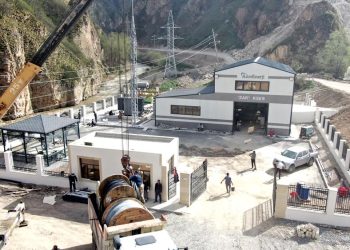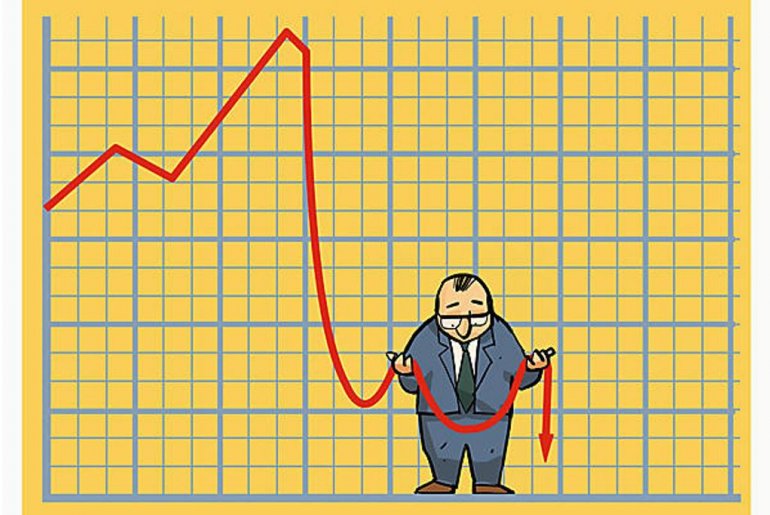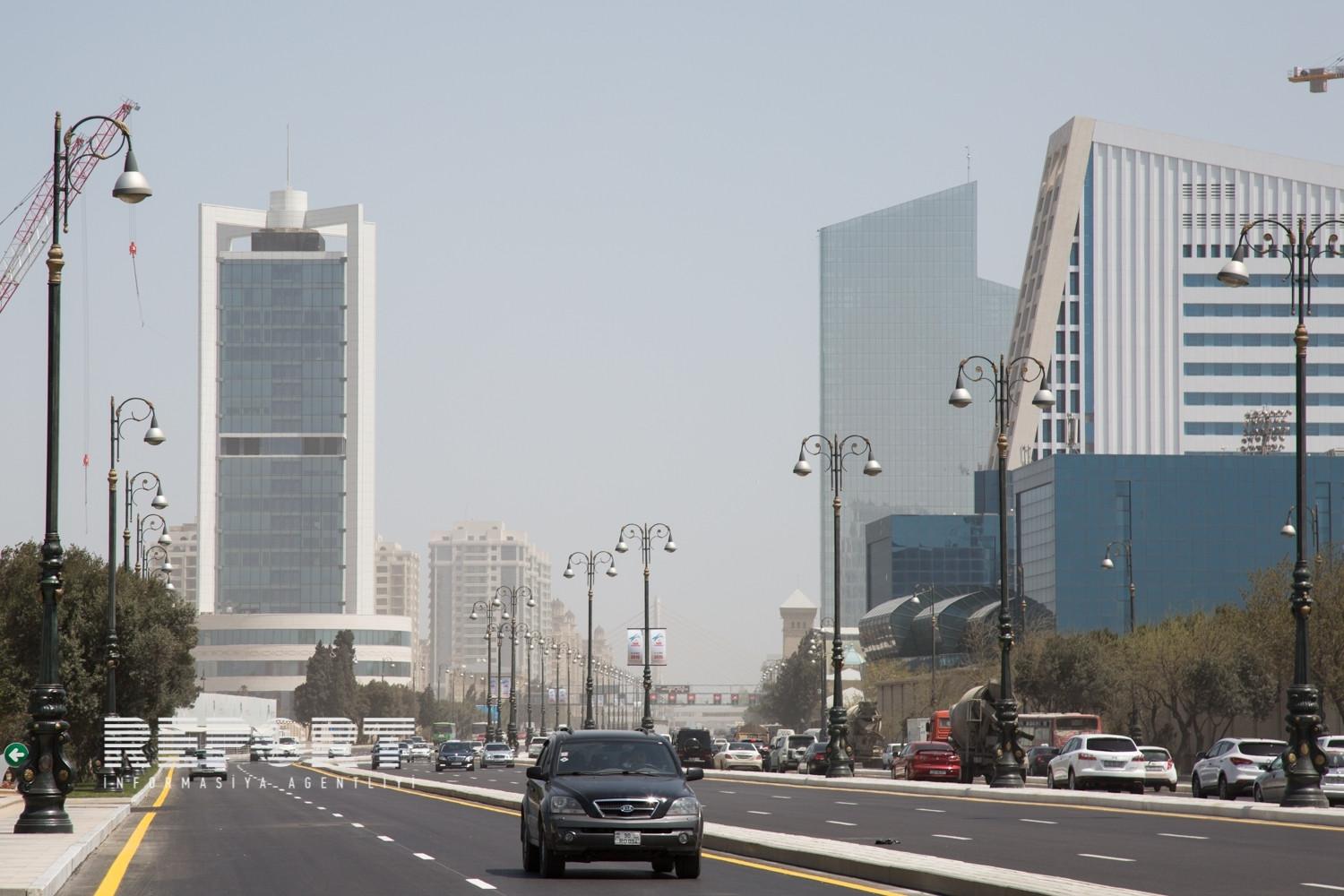 Gasprom considers some possible concessions to settle the dispute with the European Commission. One of Gasprom’s employees told Reuters on condition of anonymity that including of a spot gas price into majority of the contracts could be a concession.
Gasprom considers some possible concessions to settle the dispute with the European Commission. One of Gasprom’s employees told Reuters on condition of anonymity that including of a spot gas price into majority of the contracts could be a concession.
In majority of Gasprom’s contracts the gas price is usually tied up to the oil price, which is one of the claims of the European Commission. The transition to spot prices (market prices) would allow not only reducing the cost, but also its “leveling” for various EU countries. By the end of 2014 only 16% of Gasprom’s contracts were based on the spot gas price, Reuters reported.
European Commission has laid claims to Gasprom on April 22. During three-year investigation the Commission has come to conclusion that Gasprom violates the EU anti-monopoly rules deliberately separating has markets of the Central and Eastern Europe. The accusations are related to the company’s activities in eight countries – Bulgaria, Czech Republic, Estonia, Hungary, Latvia, Lithuania, Poland and Slovakia.
At the end of April 2015 Fitch rating agency said that accusations against Gasprom could accelerate transition to the market price formation in the Easter European countries. Now the companies in the North Western Europe work on the basis of spot prices – the cost of raw material at the trade sites, for instance Dutch TTF, dominates there. As a result the gas prices are lower, than those that depend on the dynamics of prices for the oil products.











